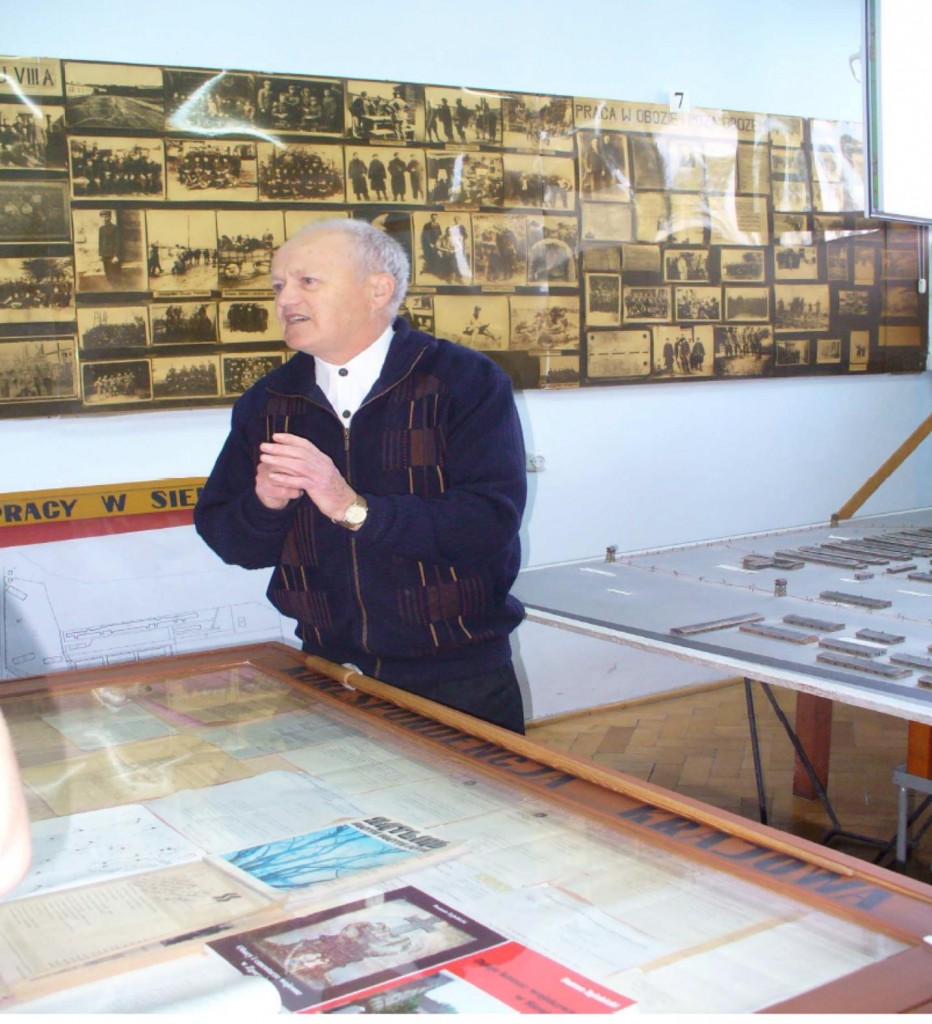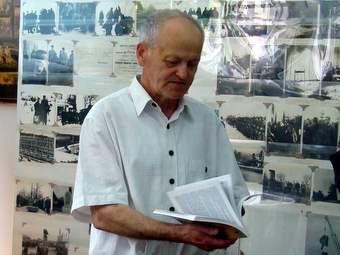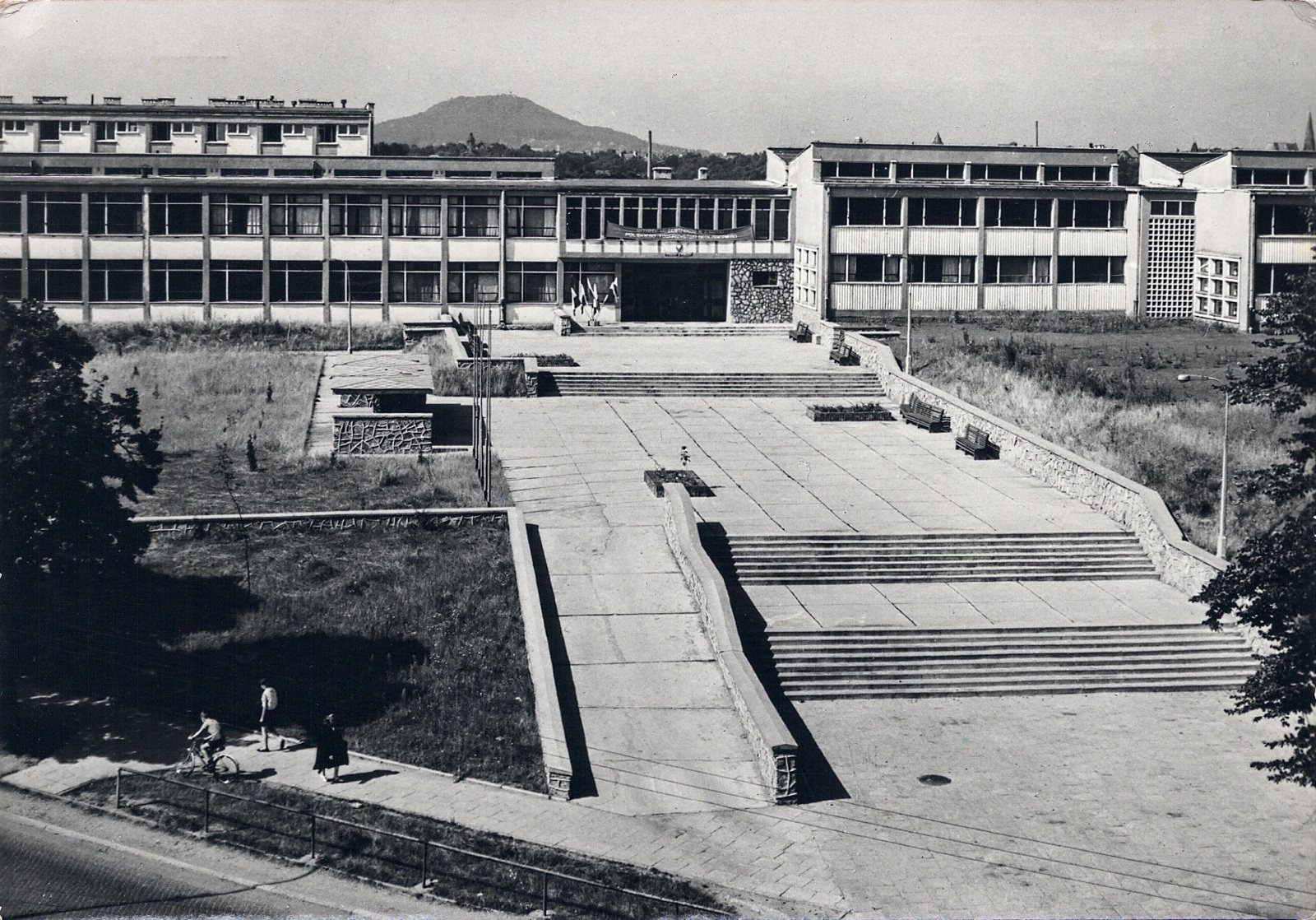



The collected materials and accounts, photographs and memorabilia, as well as a model of the stalag made up an exhibition in the Chamber of Remembrance, which Roman Zgłobicki arranged at the Mining and Power Engineering Technical School. The Chamber opened in 1973, and by attracting many visitors, it contributed to the dissemination of knowledge about the stalag.
The 1970s saw many former French and Belgian prisoners of war arriving in Zgorzelec and it was then that the idea of erecting a monument to commemorate the suffering and life of the prisoners in Stalag VIIIA was born. The monument was completed in 1976.
Roman Zgłobicki and his students tirelessly continued their research, organised popular science sessions, striving to get the fullest possible picture of the events of the past years and the fate of the people who passed through the stalag. Roman Zgłobicki continually corresponded with former POWs from Europe and beyond; based on the collected materials, he started working on a book. “Camps and cemeteries of war in Zgorzelec” was finally published in 1995 and is still the main source of information about the prisoners of the Third Reich in former Görlitz-Ost.
In early twenty-hundreds, a cross-border idea was conceived to create a centre that would both commemorate the prisoners of Stalag VIIIA and become a meeting place for young people and educational activities. Roman Zgłobicki was invited to join the team created at the freshly established Foundation Centre for Entrepreneurship Support. In January 2010, when the project to create the Centre took shape and the process of seeking financial support from European Union funds was launched, Roman Zgłobicki took part in a workshop promoting the project in Brussels, at the headquarters of the Liaison Office of Saxony, telling the story of the Stalag and its prisoners.
In recognition of his great merits, Roman Zgłobicki was awarded the Gold Cross of Merit, the Gold Medal of the Guardian of National Remembrance Sites, the Medal of the Commission for National Education and the Knight’s Cross of the Order of Polonia Restituta. On 6 May 2010, at a joint session of the City Councils of Zgorzelec and Görlitz, he was awarded the medal Meritorious for Europe – City of Zgorzelec-Görlitz.
Roman Zgłobicki died on 19 August 2010 in Zgorzelec and was buried here.